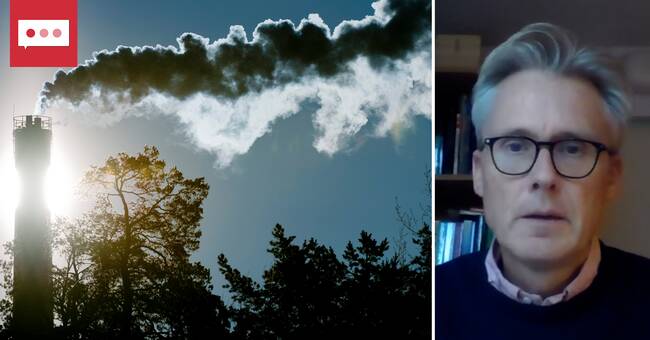The combustion of fossil fuels such as coal, oil and gas is the single most important factor behind global warming.
Despite the fact that more and more countries are setting targets for net zero emissions and making efforts to reduce demand for non-renewable energy sources, not as much is happening on the supply side.
On the contrary, oil and gas production is expected to increase over the next two decades, while coal production is expected to decline marginally.
In violation of the Paris Agreement
The researchers behind the report "The production gap" have taken a closer look at 15 countries that together produce the majority of the world's fossil fuels.
Based on the countries' own projections, total production in 2030 will be 110 percent higher than what would have been necessary to meet the 1.5-degree goal in the Paris Agreement, and 45 percent higher than what would have been necessary to meet the two-degree goal.
According to the report, the so-called output gap will grow further until 2040.
Strong political forces
- The production of fossil fuels is not usually visible in the climate discussions, even though this is the main reason for the emissions.
It is the big elephant in the room, says Måns Nilsson, head of the Stockholm environment institute.
He believes that there are strong political forces that do not want to raise the issue of producer responsibility on the agenda.
- These are mainly countries that are dependent on producing fossil fuels, for example Saudi Arabia.
- They would rather talk about the development of renewable alternatives and emission reductions in countries that use these fuels.
More money for fossil fuels
The report also highlights that the G20 countries have directed more money to finance fossil fuels than to green energy since the beginning of the covid pandemic, although funding for fossil fuels has generally declined in recent years.
The most important thing in the future will be to raise the level of ambition around the phasing out of coal power, says Måns Nilsson.
- It is the big running point for emissions globally.

